About Coffee
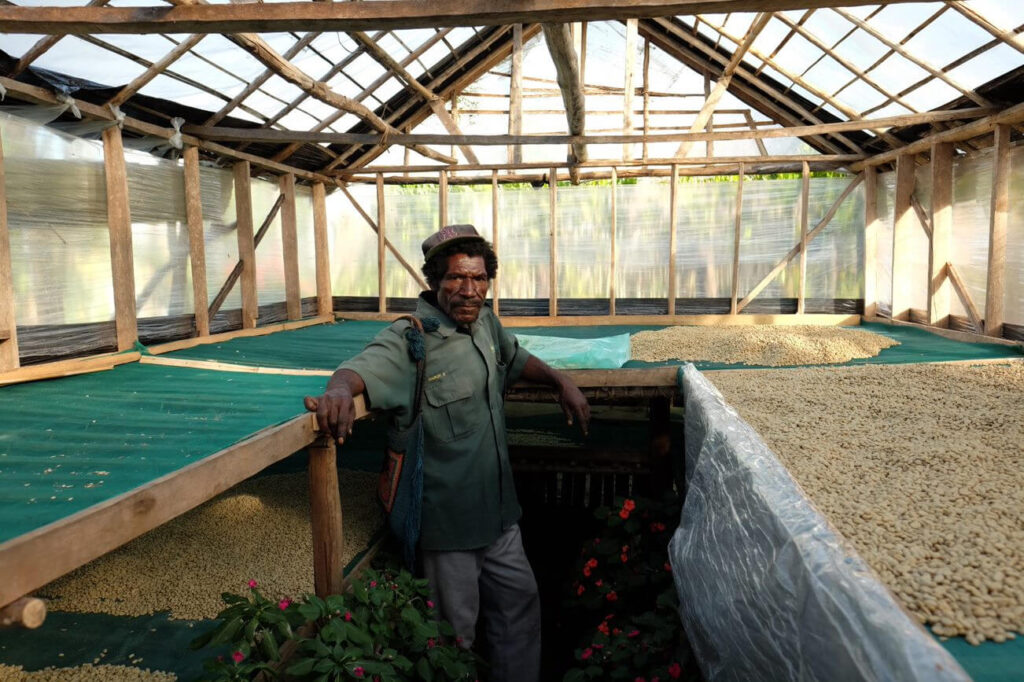
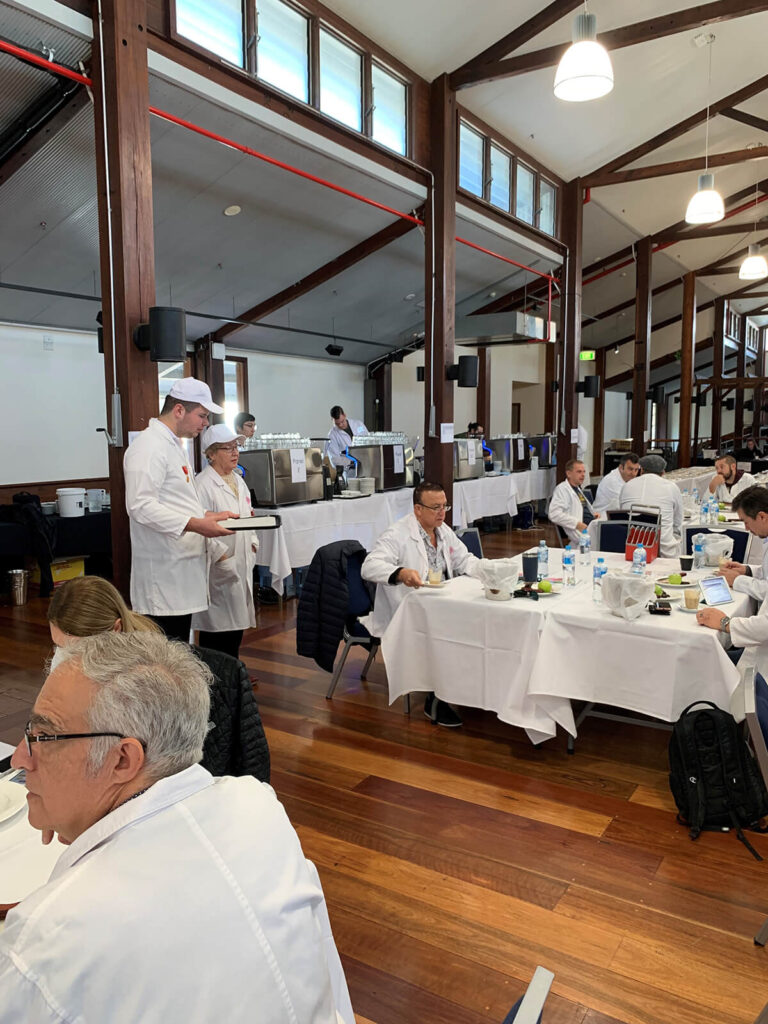
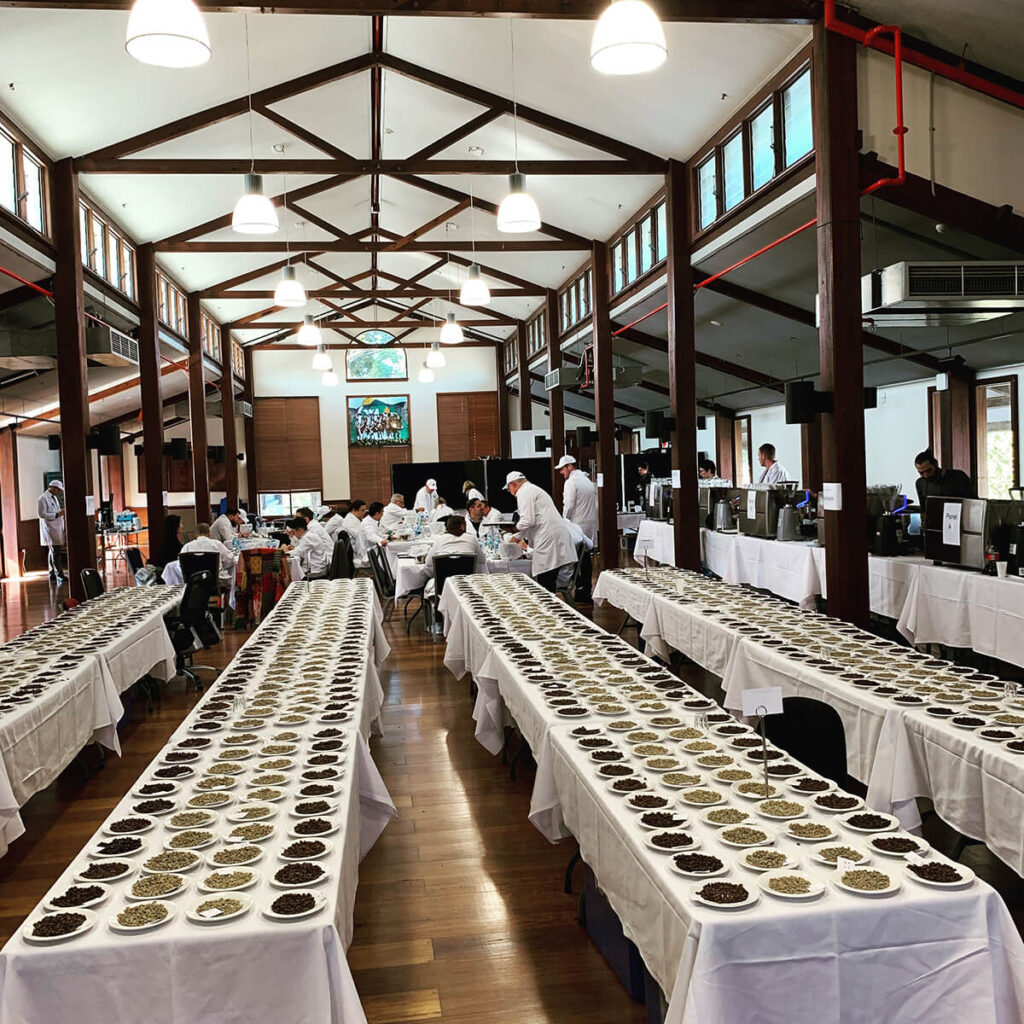
Rainforest Alliance and Fairtrade Coffee
Rainforest Alliance and Fairtrade Coffee
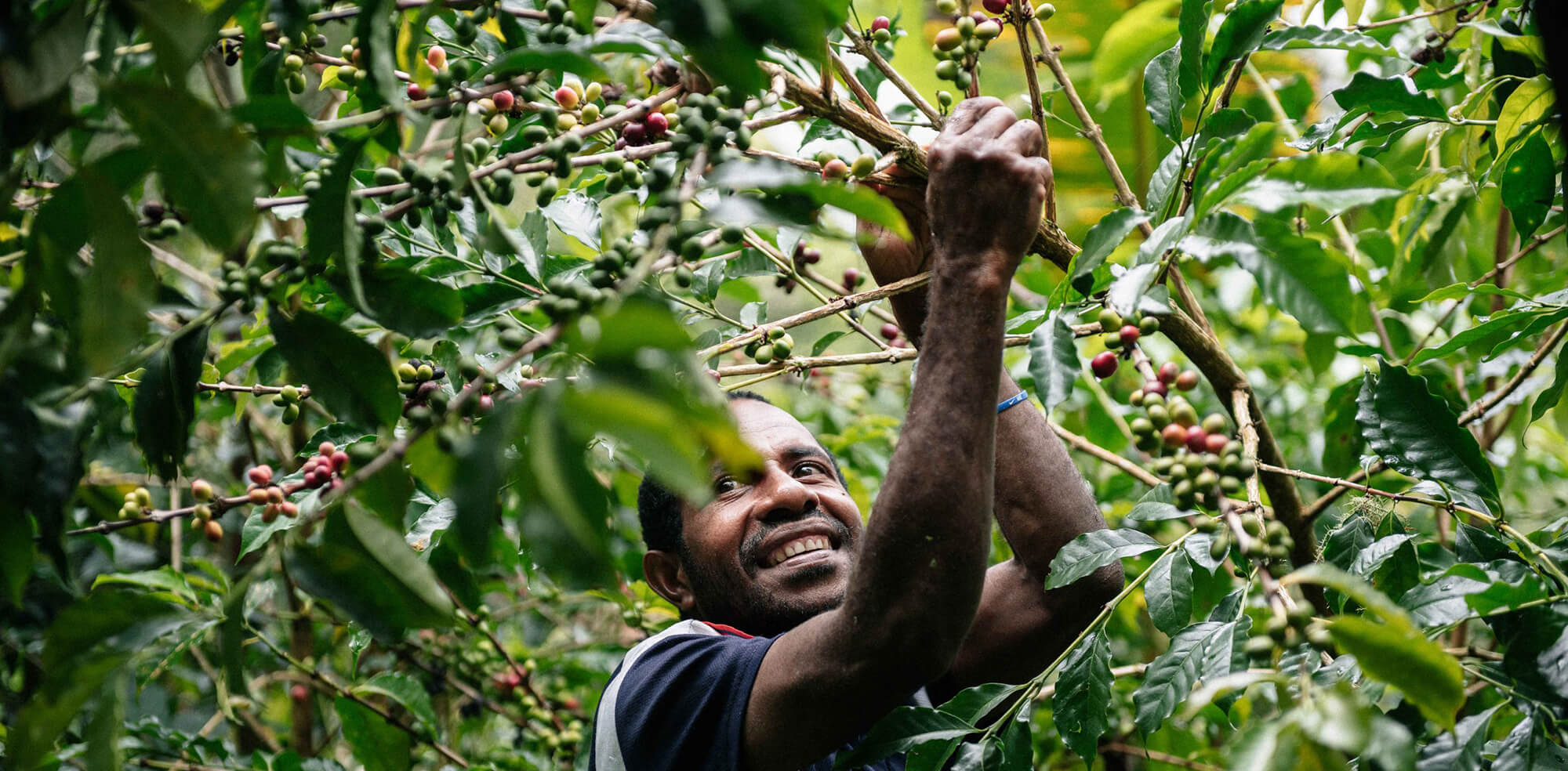
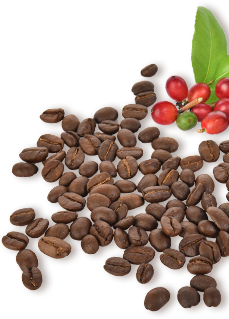
About sustainability
1 Report of the three Rapporteurs of the 4C initiative (Mrs. Sue Longley, Dr. Diego Pizano, Mr. Roel Vaessen) ICO Private Sector Consultative Board – September 26, 2005 b) Support Component of the 4C – The Steering Committee agreed on a Support Component as a fundamental element of the sustainability initiative. Every producer and interested actor in the coffee sector will have access to good agricultural and management practices as implementation tools. It is a main objective of the 4C initiative to enable farmers to optimize their practices towards higher efficiency and to improve social as well as environmental conditions. With access to trainings, skill development activities, financial tools, good production practices and capacity building, actors of the 4C will support this process in a cooperation of all relevant stakeholders. As stated in the Rules of Participation: “Buyers will contribute to capacity building activities of stakeholders associated with 4C activities, including field and farm education and training programs. Training programs will comprise capacity building to export directly, quality improvement, organizational development, managerial tools, brand development, access to market information, diversification as appropriate etc. This will benefit in particular small holders and their organizations.” The Steering Committee agreed to establish a Support Platform as a learning network within the 4C concept to analyze results of the application of the Code Matrix, to develop tools and instruments for a sustainable production and processing of coffee and to expand the co-operation with other initiatives / research institutes / sustainability programs. c) Framework for operational System of the 4C – The operational system of the 4C initiative will build on membership. As an open and inclusive initiative, the membership is open for every actor in the coffee sector, individually as supplier and through associations or organizations. The Steering Committee stressed that coffee according to the sustainability understanding of 4C may be produced referring to the Code Matrix or any other code, initiative or approach that through a benchmarking procedure shows its equivalency with 4C. Decentralized implementation and the cooperation with equivalent approaches (such as e.g. the EMBRAPA Code of Conduct) encourages local, regional or national organizations to supply 4C coffee through their own systems and structures. Details will be elaborated in an expert meeting in December. d) Verification of 4C compliance – A framework for a verification process according to the 4C Code Matrix has been agreed upon. The Steering Committee confirmed that verification according to 4C needs to be cost-efficient, credible and transparent. Therefore, it agreed on a process verification with constant self-monitoring. Within equivalent codes and approaches, local verification processes will be benchmarked against the 4C. Also buyers of 4C coffee agreed in the Rules of Participation to verify their practices: “Participants shall adopt a self-assessment system and internal monitoring practices that are consistent with the principles of monitoring of compliance with the 4C standards and agree to employ a qualified external third-party auditor that will conduct audits to ensure compliance.”
2 Report of the three Rapporteurs of the 4C initiative (Mrs. Sue Longley, Dr. Diego Pizano, Mr. Roel Vaessen) ICO Private Sector Consultative Board – September 26, 2005 e) Cooperation with other initiatives – According to the decision to co-operate with equivalent codes of conduct and approaches, the Steering Committee requested the Management Unit to establish close relationships with national / regional and local approaches to develop and implement sustainability concepts (such as EMBRAPA, EAFCA etc.). The close co-operation with the Sustainable Coffee Partnership was encouraged especially in accordance to the support component of the 4C. The Steering Committee welcomed the activities of the Management Unit to establish and deepen collaborations with research institutes such as CATIE, CIMS and Cenicafé. f) Next steps – The Steering Committee confirmed the mandate of the Management Unit to organize further discussion and dissemination events in coffee producing countries. Dissemination events to learn from the perspective of farmers, to discuss the concept of sustainability with local stakeholders and to listen to the recommendations of the national coffee sectors will take place in Kenya (October), Ecuador (November), India (November), Indonesia (December), Ethiopia (February 2006) and Cameroon (February 2006). Further dissemination activities to intensify the dialogue with producers will be arranged by request. The progress of the initiative will also be presented to Sintercafé (Costa Rica, Nov. 2005) and the World`s Wildest Coffee Conference (Tanzania, Feb. 2006). During the next months, experts will meet within the Support Platform (October 2005 in Bonn, Germany) and expert working groups to further elaborate the details of the operational system and the verification concept of 4C. The recommendations and results of these meetings will be presented to the Steering Committee during its next session in March 2006, which will take place in Bangalore, India. As the 4C is an open, participatory and transparent initiative, members of the Steering Committee would like to stress that the 4C is a learning process. The group acknowledges that there exist doubts and concerns on the 4C sustainability concept and its implementation in the coffee sector and would like to discuss them thoroughly. Therefore, its processes and documents are open for discussion and the Steering Committee would like to emphasize that it welcomes every input, comment and recommendation on its current concept. Contact: Common Code for the Coffee Community Management Unit Deutsche Gesellschaft fuer Technische Zusammenarbeit (GTZ) mbH Mr. Carsten Schmitz-Hoffmann Dag-Hammarskjoeld-Weg 1-5, D-65726 Eschborn coffee@gtz.de European Coffee Federation 4C Group Mrs. Melanie Rutten ECF, Tourniairestraat 3 PO Box 90445, NL-1006 BK Amsterdam 4C@coffee-associations.org 3
About Decaf
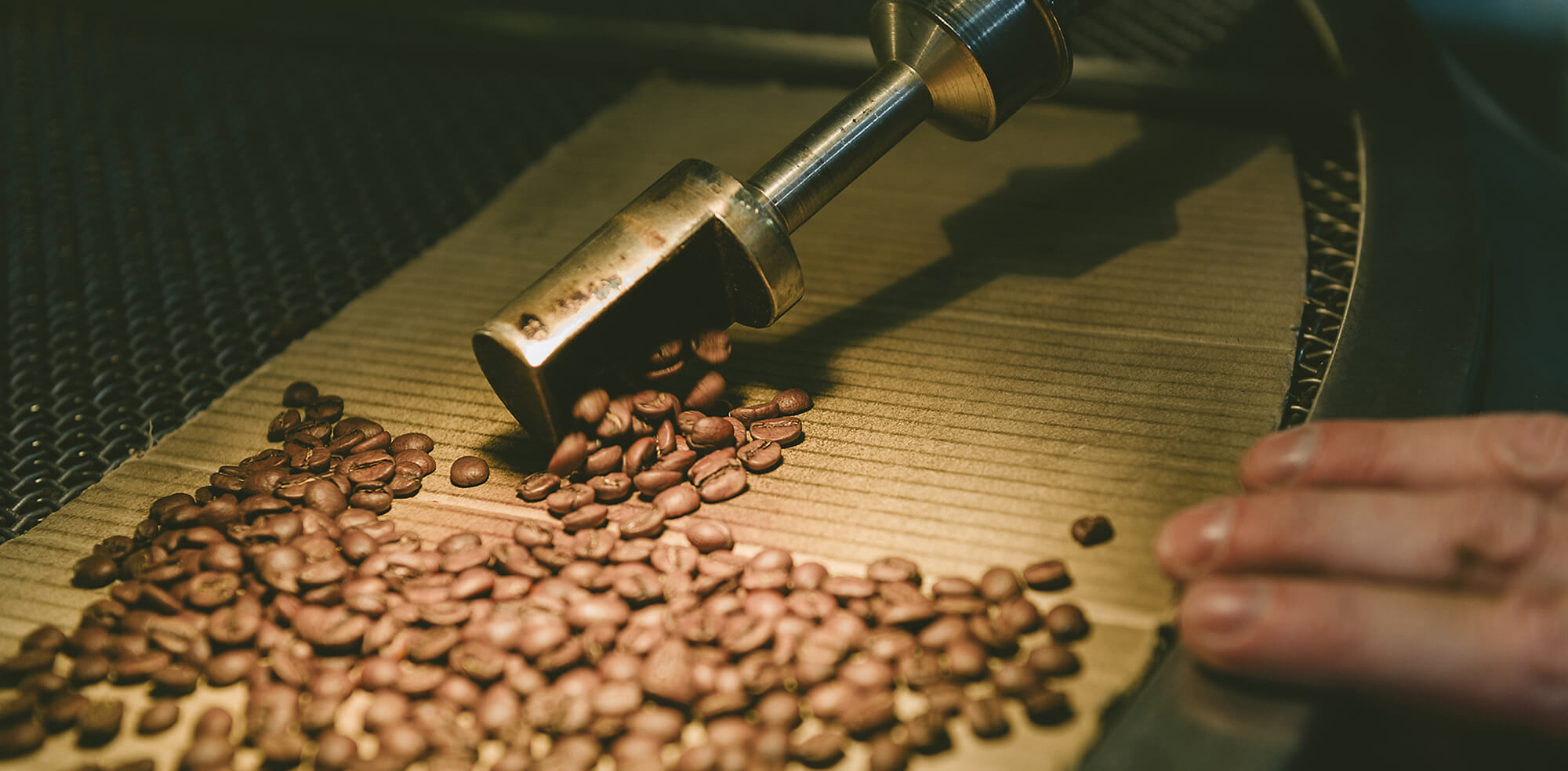
The price of the kick
Arabica beans world market share: 70 per cent
Caffeine content of a cup of filter coffee: 60mg - 150mg
Caffeine content of a cup of decaff: 2mg - 4mg
Caffeine content of single espresso: 100mg
More on Coffee:
Insomnia, restlessness, anxiety, heart palpitations, raised blood pressure, miscarriage, birth defects Beneficial effects of caffeine: Raised alertness, increased fertility in men, lower risks of colon cancer, cirrhosis of the liver and Parkinson’s disease
Decaff world market share: 10 per cent
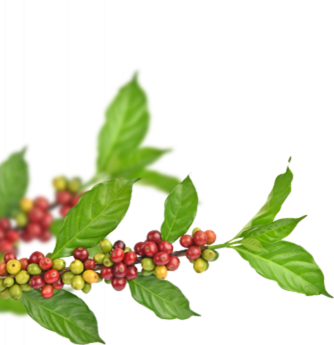
General coffee facts
Coffee Black as hell, strong as death, sweet as love – Turkish proverb
Contents: 11. The origins of coffee 2. Coffee types and coffee making 3. Coffee health issues 4. Coffee statistics 5. The Australian coffee industry 6. The Australian café industry 7. The Australian instant coffee market 8. Emerging coffee trends 9. Sources used in this report The origins of coffee • There is a legend of Kaldi the goatherd from the Arabian Peninsula whose goats got high on a shrub with dark green leaves and bright red cherries (Coffea Arabica). Local monks then starting using the berries to stay awake during prayers before spreading the word to other monasteries around the world and starting the coffee revolution • The coffee shrub (Coffea arabica) probably originated on the plateaus of central Ethiopia and was then introduced to Yemen • Coffee has been cultivated in Yemen since the 6th century Coffee types and coffee making • There are 6,000+ species of the coffee plant split into 25 major types • Two species dominate commercial production: Arabica (Coffea arabica) and Robusta (Coffea canephora) • World coffee production is split 60% Arabica and 40% Robusta • Arabica is a large delicate bush that grows at elevations of 600-2000 metres above sea level in Latin America, Central and East Africa, Asia and Oceania • Because Arabica is difficult to grow, the beans are more expensive than Robusta beans • Arabica can be drunk pure or in blends with Robusta where it contributes acidity and body to the blend • Robusta is a more hardy bush or tree that grows from sea level to 800 metres and is grown in West and Central Africa, South East Asia and South America • Robusta is more strongly flavoured than Arabica and gives blends body and “kick” • The person who actually makes the coffee in a café or restaurant is called a “barista”
Proper coffee making requires the barista to make very precise measures of coffee amounts, water temperatures and pressures, and brewing times (e.g. 22-28 seconds) • Good coffee brewing requires a balance of the 4 “M’s” o Macinazione: correct grinding of the coffee blend o Miscela: the coffee blend used o Macchina: the espresso machine used o Mano: the skill of the barista. • Australian Paul Bassett from Espresso Emporium in Sydney won the 2003 4th World Barista Championship held in Boston Coffee health issues • Coffee contains caffeine which can lead to caffeine-induced anxiety including agitation, jitteriness and irritability • Large doses (over 200 milligrams) of caffeine can disturb sleep, and can lead to headaches • Caffeine is also a diuretic and can cause dehydration • Extensive Australian and international research has shown no evidence of a linkage between caffeine intake and cancer, cardiovascular disease or any other function including pregnancy though moderation is still recommended for pregnant women • Recent research suggests that people with a high coffee consumption (7+ cups a day) have a far lower risk of developing Type 2 (adult onset) diabetes Coffee statistics • Global coffee consumption in 2002 is expected to equal 105 million 132-pound bags • Coffee production in 2002 is expected to have exceeded consumption by about 35% leading to the lowest coffee prices in a century • Australian coffee consumption has increased from 0.5 kilogram/person in 1940 to 2.4 kilogram/person in 1998 • Australia imported 49,000 tonnes of green bean (the final dried stage before roasting) in 1996 • Australia has a small coffee production industry centered on the east coast of Queensland that produces about 200 tonnes of green bean per annum • Half of the Australian output is exported with most of the remainder going to specialist Australian gourmet coffee producers • In 2002, the five most popular beverages consumed by adult Australians when eating out of home were in order: coffee (excluding cappuccino), carbonated drinks, bottled water (still), cappuccino, milk The Australian coffee industry • The coffee roasting, distribution and wholesaling industry is Australia is worth about AUD$10 billion a year and is growing fast • A coffee roaster can make good profits as they typically buy raw green beans for $5/kilo and sell the roasted beans for $20-$30/kilo, and up to $50/kilo • Coffee chains such as Starbucks, Hudson and Gloria Jean’s have not yet had a major impact upon the Australian market.
The high profits make the industry very cutthroat and this is expected to lead to consolidation over the next five years into fewer large players • The main brands that supply cafes are committed to marketing with Cantarella (Vittoria and Aurora brands) estimated to spend 10% of its $100M/year revenue on brand building and management The Australian café industry • Making and selling coffee immediately in cafes and restaurants accounts for 20% (or about $2 billion/year) of the total Australian coffee industry • A well run café will return about 20% per annum profit • The average $2.50 café latte contains around 22 cents of coffee ingredient • A medium sized café can make $25,000/year in clear profit on coffee alone • Coffee producers typically attempt to gain market share via service strategies (e.g. Vittoria) or by offering free coffee machines, or branded accessories such as umbrella’s, sugar and cups • Some producers offer cafes a “free on loan” machine with the cost of the machine and servicing built into the coffee price • “Free on loan” machines may cost up to $40,000 over 3 years • Cafes will often use “free on loan” deals to reduce their capital costs The Australian instant coffee market • The Australian instant coffee market is worth about $425M a year • Nescafe is the instant coffee market leader with around 70% market share • Nescafe spends approximately $25M/year on advertising • In 2003, Nescafe re-launched with a campaign through Publicis Mojo aimed at growing the market by getting Australians to drink one additional cup of coffee a week • Nescafe’s marketing will address various identified consumer behaviour drivers including: o How coffee can be reviving o How having a coffee can be an excuse for a rest o Helping people to understand and appreciate coffee more o Trying to get people to try more expensive coffee blends o Encouraging young adults to try coffee o Addressing health concerns • Nescafe’s 2003 marketing will incorporate print, in-store Point of Sale, Public Relations, promotions, web activity and trade marketing • The instant coffee market was considered to be mature and stable until the launch of Riva by Cerebos Australia in 2003 Emerging coffee trends • Starbucks is embarking upon a strategy of locating outlets within popular locations, e.g. Commonwealth Bank branches, Borders bookshops • The co-location strategy has been very successful for Starbucks in America with outlets located in Wells Fargo banks, Barnes and Noble bookshops and supermarket chains • The home market is growing fast with Illy (a major brand) saying that its home sales are now larger than its café sales
The major industry players, e.g. Segafredo, are increasingly focusing upon the home market with distribution through delicatessens and supermarkets • Many brands are trying to lift their brand image, e.g. Douwe Egberts, which struggled with its Piazza D’Oro brand, has created a new blend and brand in conjunction with celebrity restaurateur Stefano Manfredi • Consumers are increasingly focusing upon the ‘cult of the ingredient’ with familiar flavours being redefined in terms such as purity or provenance • The cult of the ingredient has also lead to a growth in the customization of products at the point of consumption, e.g. specialty coffees • Flavoured coffees are popular in America but not in Europe which has strong coffee drinking traditions • Coffee flavour trends are believed to mirror ice cream flavour trends with vanilla the current favourite
Sources used in this report 1. “Australian Barista World Champion”, http://www.gilkatho.com.au/news/default.asp?cmd=view&articleid=83 2. “Beans means only part of today’s COFFEE BLEND – 17 March, 2003”, http://www.cafebiz.net/ 3. “CaféDirect – Types of coffee”, http://www.cafedirect.co.uk/products/coffee_types.php 4. “Caffeine Scientific Summary Notes”, Australasian Soft Drink Association Ltd, 2003 5. “Coffee cuts diabetes risk – November 8 2002”, http://www.smh.com.au/articles/2002/11/08/1036308468854.html 6. “Coffee quotes”, http://www.nwlink.com/~donclark/java/javaquot.html 7. “Expresso definitions”, http://www.coffeeresearch.org/espresso/definitions.htm 8. “History”, http://www.coffeeresearch.org/coffee/history.htm 9. “Instant wake up call from Nestle – 18/10/2002”, http://www.bandt.com.au/articles/0b/0c011c0b.asp 10. “Rural Laws: October, 2002 – Number #20”, http://www.migrationint.com.au/ruralnews/nauru/oct_2002-20rmn.html 11. “The Australian Foodservice Market, 7th Edition, 2002-04, Extract to indicate the general nature of the report”, BIS Shrapnel 2003 12. “The Cult of the Ingredient: Consumer Sophistication Drives Drinks Innovation – 11/12/2000”, http://www.industrysearch.com.au/features/drinks.asp 13. “The New Rural Industries – A handbook for Farmers and Investors” – http://www.rirdc.gov.au/pub/handbook/coffee.html 14. “WBC on CBS News!”, http://www.worldbaristachampionship.com/index2.lasso 15. “Would you kill for a long black? – 16/11/2002”, http://www.theage.com.au/articles/2002/11/15/1037080913796.html 16. Nescafe brews strategy to add $70m – 11/4/2003 – http://www.bandt.com.au/articles/98/0c015c98.asp 17. Riva perks up coffee market – 2/5/02003, http://www.bandt.com.au/articles/58/0c016458.asp 18. Starbucks mixes beans with bucks – 17/12/2001”, http://www.bandt.com.au/articles/f1/0c009af1.asp
